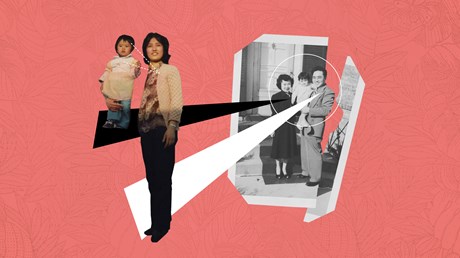“Handing Down the Faith” shows a vast majority of Americans don’t choose their religious beliefs. They inherit them.

Why are parents the most important figures shaping the religious lives and futures of their children in the United States? The primary and powerful role of parents in religious socialization may seem obvious to readers today. But that is because we are familiar with our current system, not because it is historically normal or inevitable.
Some older readers may remember times and religious subcultures that worked differently. People from other eras and places in history and the world could also tell about different means of religious transmission across generations.
Parents define for their children the role that religious faith and practice ought to play in life, whether important or not, which most children roughly adopt. Parents set a “glass ceiling” of religious commitment above which their children rarely rise. Parental religious investment and involvement is in almost all cases the necessary and even sometimes sufficient condition for children’s religious investment and involvement.
This parental primacy in religious transmission is significant because, even though most parents do realize it when they think about it, their crucial role often runs in the background of their busy lives; it is not a conscious, daily, strategic matter. Furthermore, many children do not recognize the power that their parents have in shaping their religious lives but instead view themselves as autonomous information processors making independent, self-directing decisions. Widespread cultural scripts also consistently say that the influence of parents over their children recedes starting with the onset of puberty, while the influence of peers, music, and social media takes over.
Other common and influential ...
from Christianity Today Magazine
Umn ministry


.gif)

.gif)
.gif)
